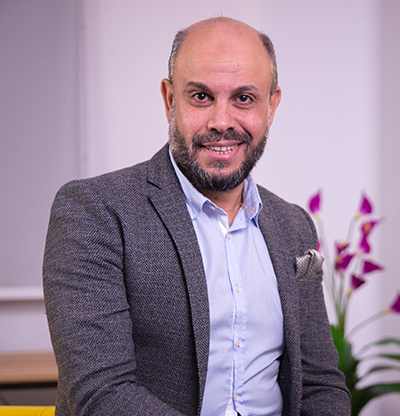In our breathless pursuit for money, we forgot why we exist in the first place. We are here on this planet to discover our gifts and work intensely to develop it. For a good reason: to give it away and make value in people’s lives. In so doing money will follow. Money is the fruit not the seed; the effect not the cause. Money follows adding value in others’ lives not vice versa. So, look for creating value and offering something useful in terms of utility, practicality and sustainability.
Related: Why Adding Value is Your Life’s Sole Mission
When we prioritize profits at the expense of adding value, customers revolt. Throughout experiencing the brand, the customer instinctively knows what you are looking for. If you are looking for profits at his expense, it shows in delivering him value less than the price he paid. Conversely, the customer loyalty is directly proportional to the price paid. If he felt the value he gets overweigh the price he pays, you get him for life. It is common sense, but unfortunately what is common sense is not common practice for profit seekers.

The thriving brands are those who prioritize adding value. Those brands seek customers first and money second. The barometer of sustainability for such brands is going beyond profits. Profits are linked to the brand’s vision while delivering value is linked to mission. The customer cares less for your vision, he cares for the benefit he will get and that is why mission is paramount.
Ingvar Kamprad, who passed away in 2018 at the age of 91, was a living example of making a difference in people’s lives. He is the founder of IKEA – the furniture retailer. Since opening his first store in 1947, Ingvar’s unwavering mission was to improve his customers’ “Everyday life.” Acting upon such a mission was clearly communicated to whoever was associated with IKEA be they employees, suppliers or even investors. Putting customers first and delighting them were done through delivering a wide range of well-designed, functional home furnishing products at affordable and lower prices.

Kamprad obsession wasn’t clearly about profits. He cares for people. His intent was about improving the lives of so many people on the planet. It’s inconceivable for those who solely seek profit How Kamprad was leading his life. How a man like him, whose company makes an annual revenues that exceed $40 billion, has more than 340 stores in more than 40 different countries, lives in a small house; takes the bus; eats at IKEA and flies economy class despite having a net worth of $4.5 billion.

To thrive in today’s economy, be value-driven more than profit-driven. All you need is not to seek value to the detriment of profit, but rather to prioritize attracting value. It is value that will thrive you long-term along with profits that will let you survive short-term.



